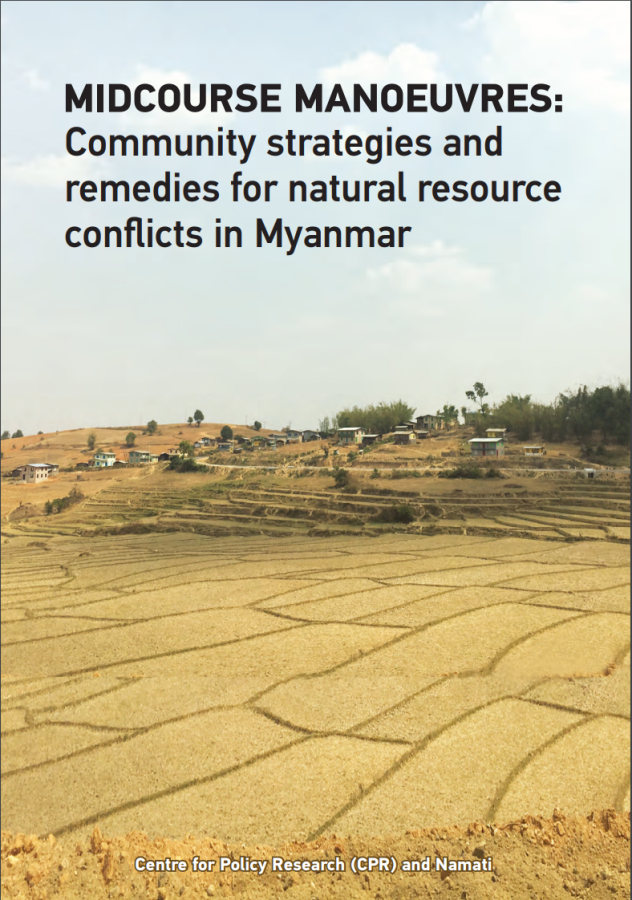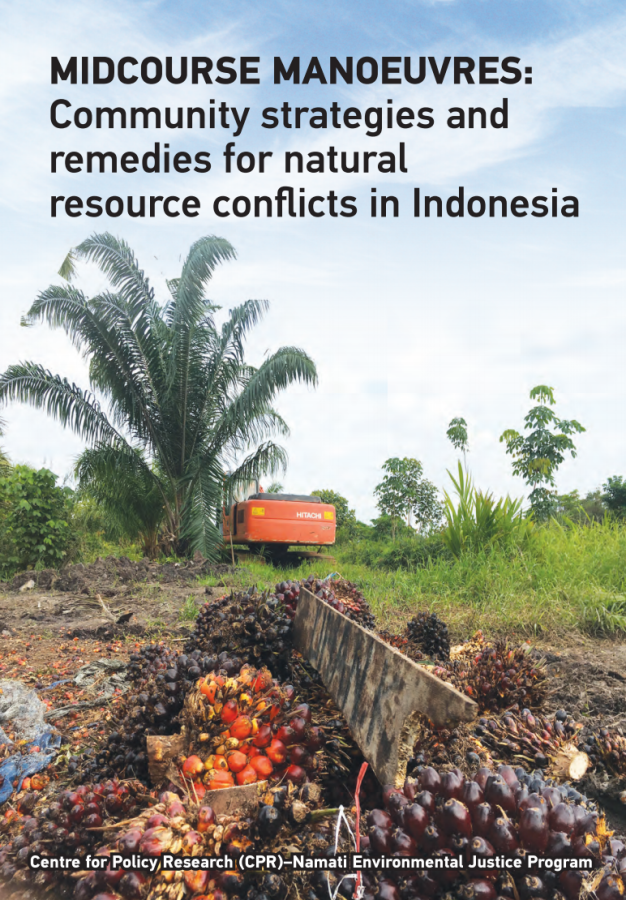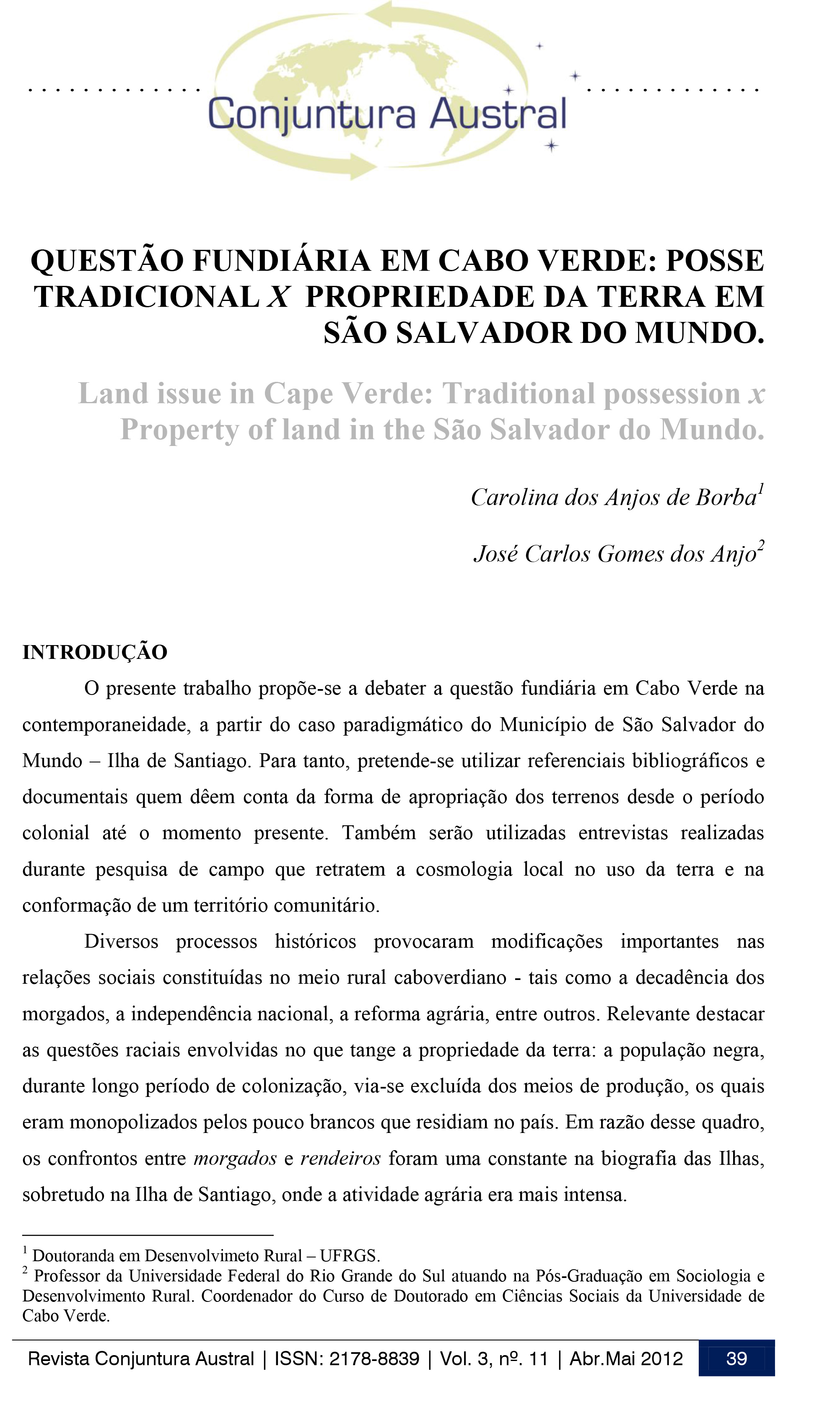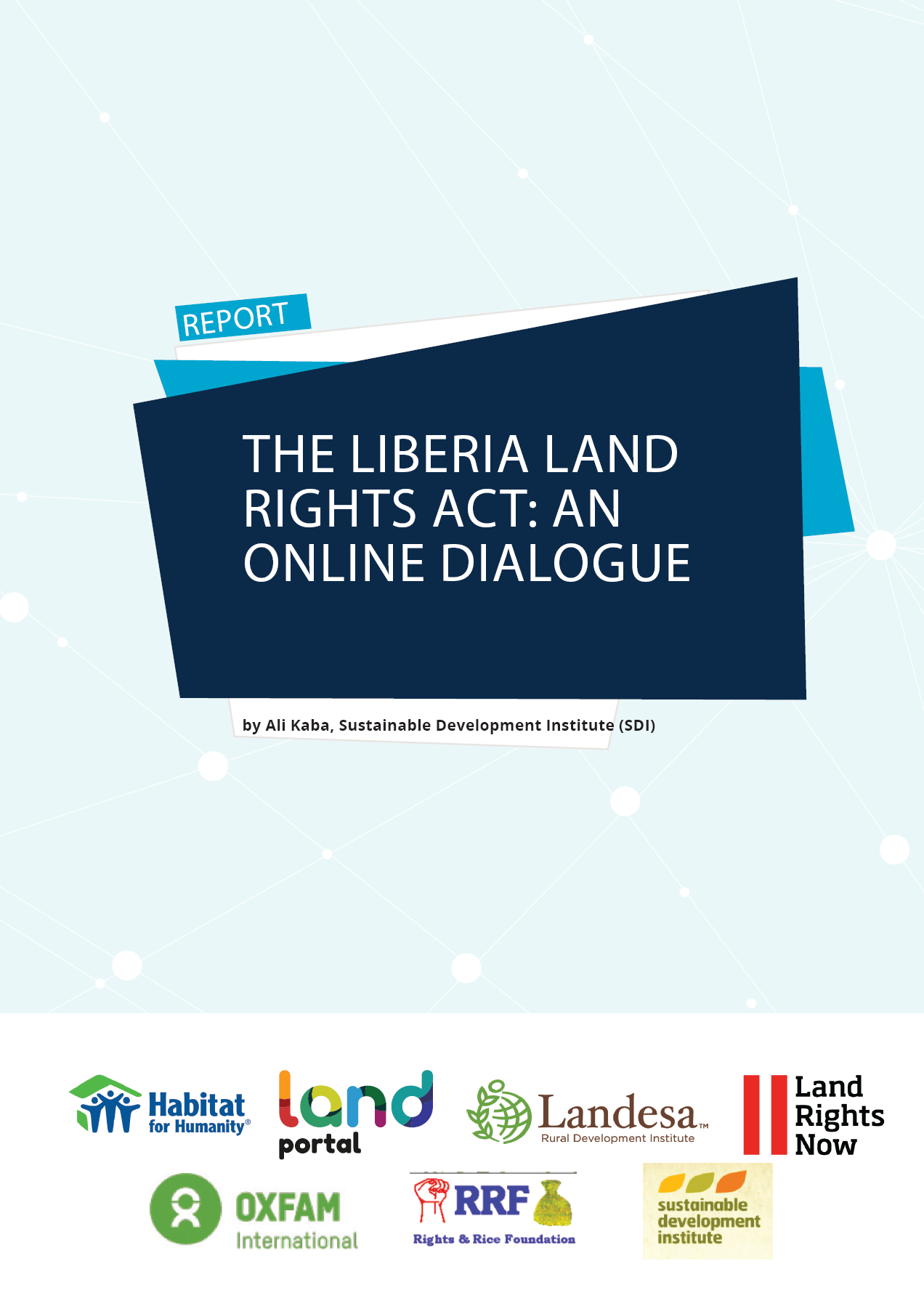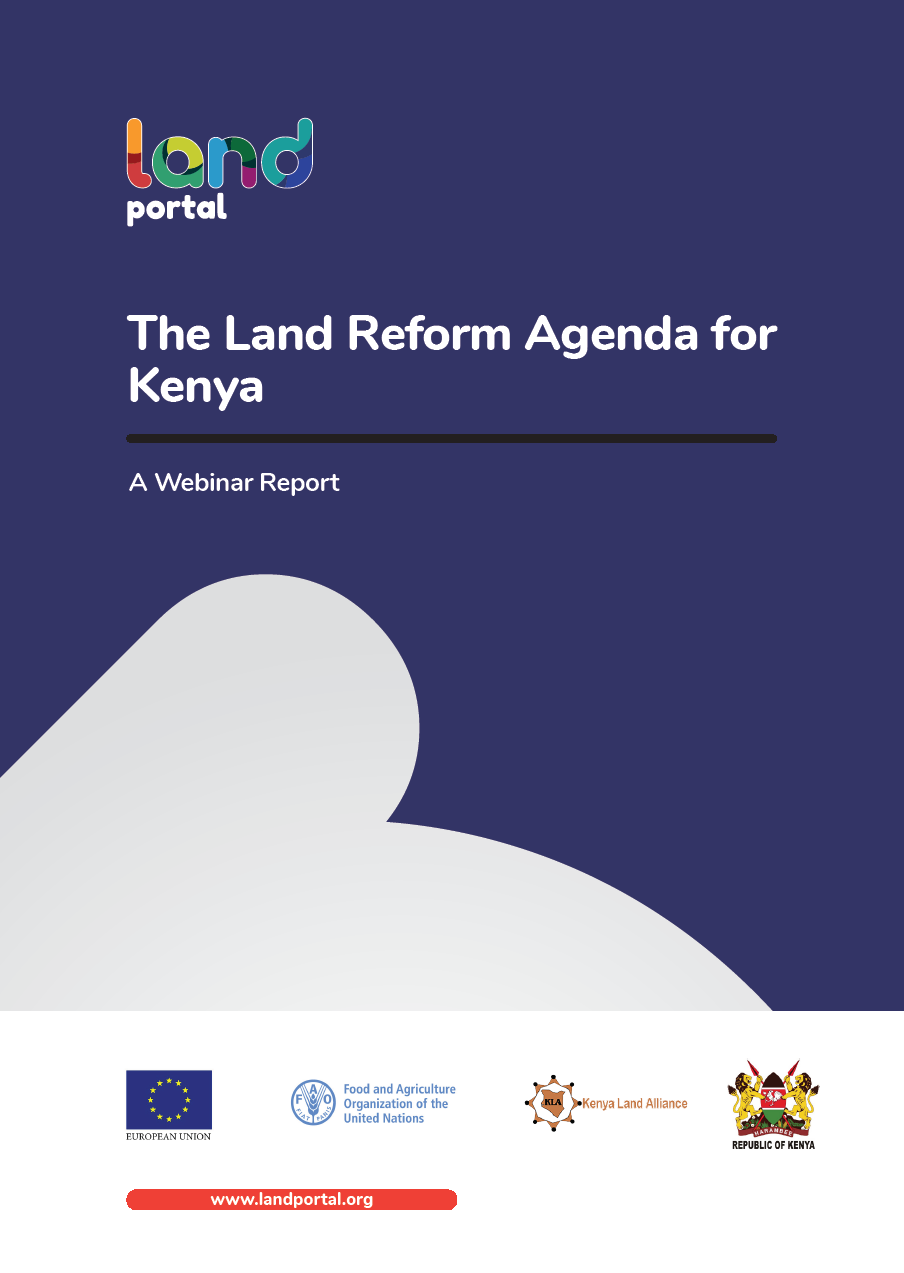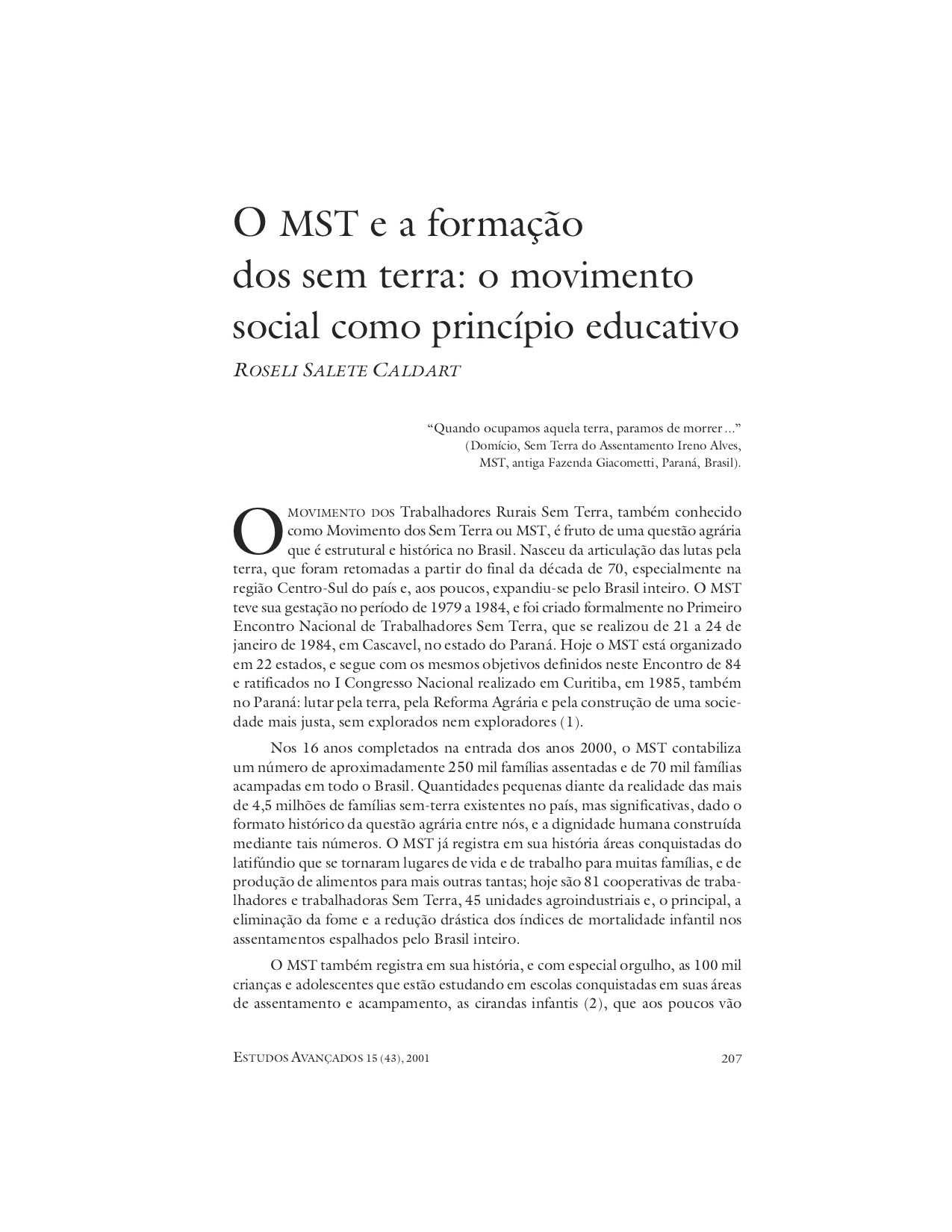Community-Investor Negotiation Guide 1: Preparing in Advance for Potential Investors
Deciding whether or not to allow an investor to use community lands and natural resources is one of the most important decisions a community can make.
When negotiations are conducted fairly and inclusively, investments may result in the creation of jobs, provision of much-needed infrastructure such as schools, roads and clinics, and rental payments that have the potential to support the community’s long-term prosperity and wellbeing.



